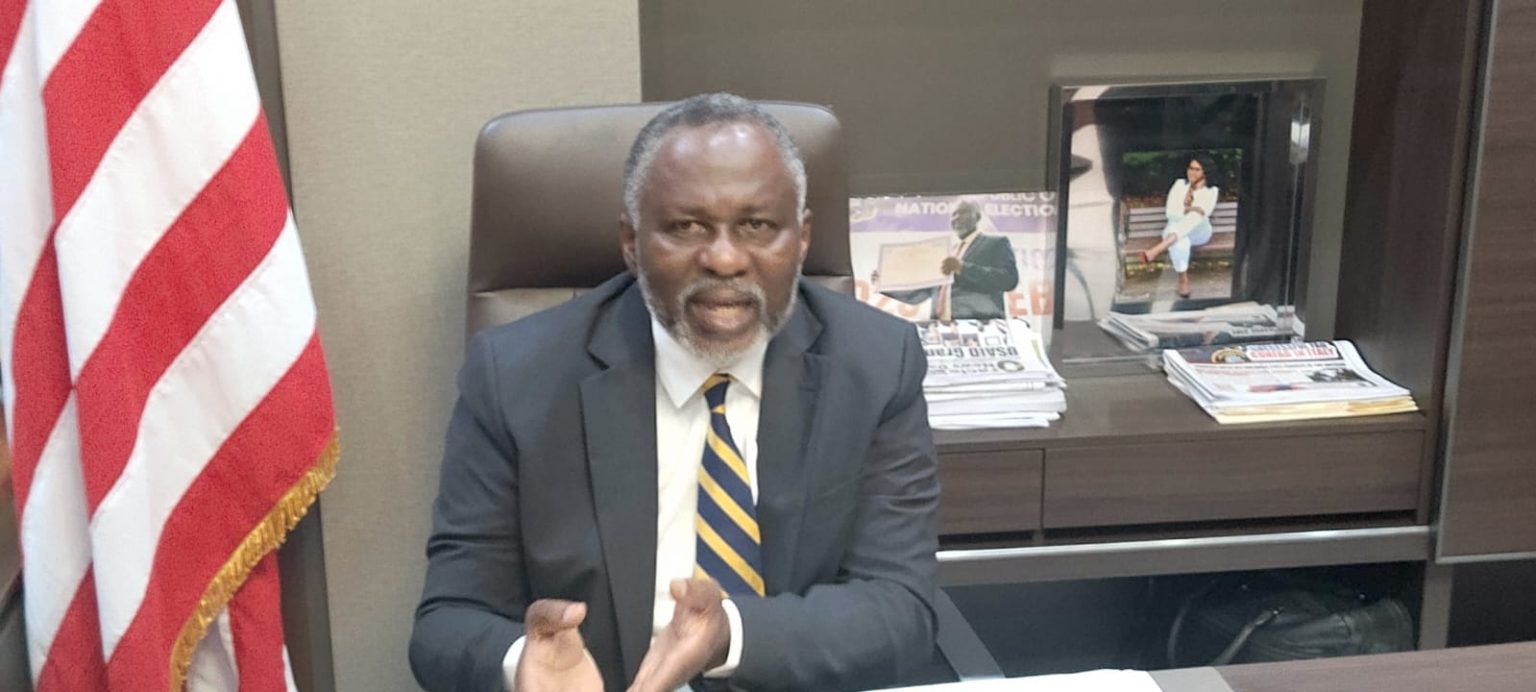Nathaniel F. McGill, Senator of Margibi County, Liberia, has publicly urged the newly elected Boakai administration to prioritize education and agriculture, echoing their foundational importance for Liberia’s future. He commended the preceding Weah administration for its strides in these sectors, setting a precedent for continued development. McGill’s call to action underscores the necessity of building upon past successes to ensure Liberia’s sustained growth and prosperity. His emphasis on these specific areas reflects a broader national concern for tangible development that directly impacts the lives of Liberian citizens, especially in terms of economic opportunities and human capital development.
McGill highlighted the Weah administration’s introduction of free tuition at public universities as a transformative policy. This initiative, he argued, broadened access to higher education, empowering a generation of Liberians who might otherwise have been financially excluded. By removing the barrier of tuition fees, the policy fostered increased enrollment and contributed to the development of a skilled workforce, essential for national progress. McGill emphasized the long-term benefits of this policy, viewing it as an investment in human capital with the potential to yield significant returns for the nation’s future.
Furthermore, McGill lauded the Rural Economic Transformation Project (RETRAP), another initiative of the Weah era. He credited RETRAP with bolstering agricultural productivity and empowering local farmers, contributing to food security and rural employment. This focus on agriculture recognizes its crucial role in Liberia’s economy, where a significant portion of the population relies on farming for their livelihood. By supporting farmers with the necessary resources and infrastructure, McGill argued, the government can stimulate economic growth in rural areas and improve the overall well-being of its citizens. He stressed the need for continued investment in agricultural development to ensure the sustainability of this vital sector.
Beyond education and agriculture, McGill also acknowledged the Weah administration’s efforts in infrastructure development, specifically the construction and paving of key roadways. These projects, he asserted, improved connectivity between rural and urban areas, facilitating access to essential services and opening up new market opportunities for local producers. Despite facing criticism, the road construction initiatives played a crucial role in integrating remote communities into the national economy and fostering regional development. This infrastructural development laid the groundwork for future economic expansion and improved the quality of life for many Liberians.
Addressing the current administration, McGill urged President Boakai to uphold the promises made during the 2023 election campaign. He emphasized the public’s high expectations, particularly concerning governance reforms, youth empowerment, and economic revitalization. McGill’s call for accountability reflects the sentiment of a populace eager to see tangible progress. He stressed the importance of translating campaign rhetoric into concrete action, urging the government to prioritize policies that directly address the needs and aspirations of the Liberian people. He underscored that the Boakai administration’s success would be judged by its ability to deliver on these promises and bring about meaningful change.
In conclusion, McGill’s pronouncements serve as a timely reminder of the key development priorities facing Liberia. His emphasis on continuity in education, agriculture, and infrastructure signals the importance of building upon the progress made by previous administrations. Furthermore, his call for the Boakai government to fulfill its campaign promises underscores the public’s desire for tangible improvements in governance, youth empowerment, and economic opportunities. His remarks reflect a broader national conversation about the path forward for Liberia, highlighting the need for strategic investments in key sectors to drive sustainable growth and improve the lives of all Liberians. The Boakai administration faces the challenge of navigating these expectations and translating them into concrete policy and action. The future of Liberia hinges on the government’s ability to effectively address these challenges and build a more prosperous and equitable nation.














